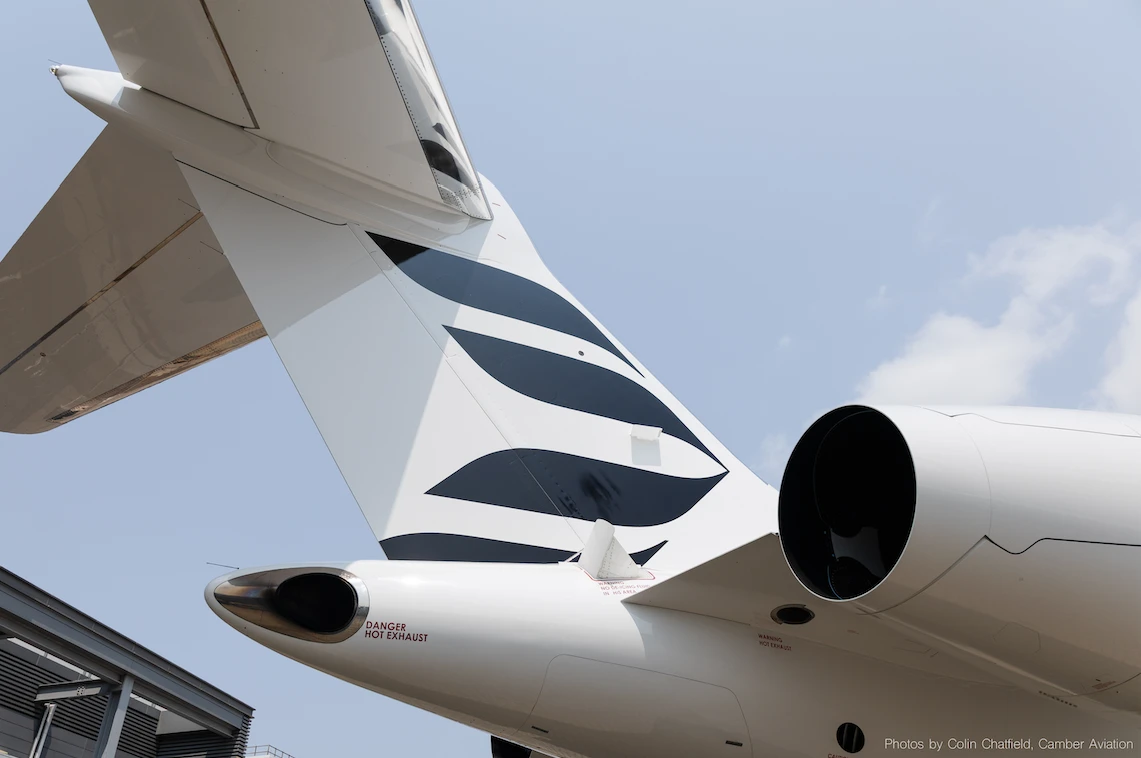How will 2021 unfold? Two Hong Kong medical experts weigh in
Jan 13, 2021
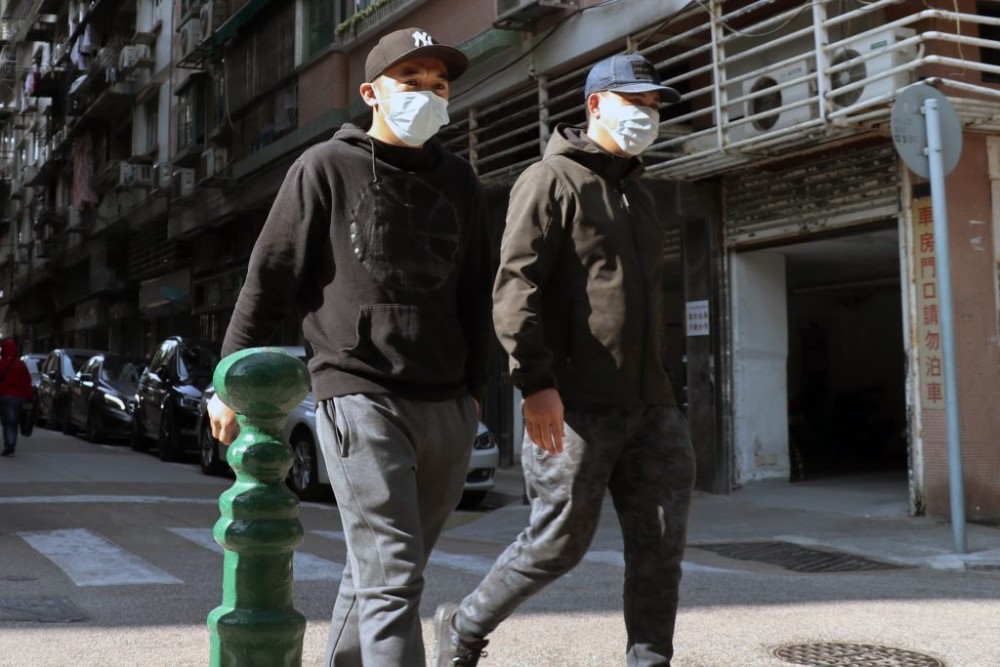
As the world bids farewell to a terrible, horrible, no good, very bad year, we’re all looking to 2021 to show us the light at the end of the tunnel and, hopefully, put a stop to the coronavirus pandemic. With news of effective vaccines causing a surge of global optimism, can we look forward to ditching the face masks and travelling freely again? We spoke with two Hong Kong-based experts to find out just how soon life will get back to “normal.”
Professor John Nicholls, clinical professor in pathology at the University of Hong Kong
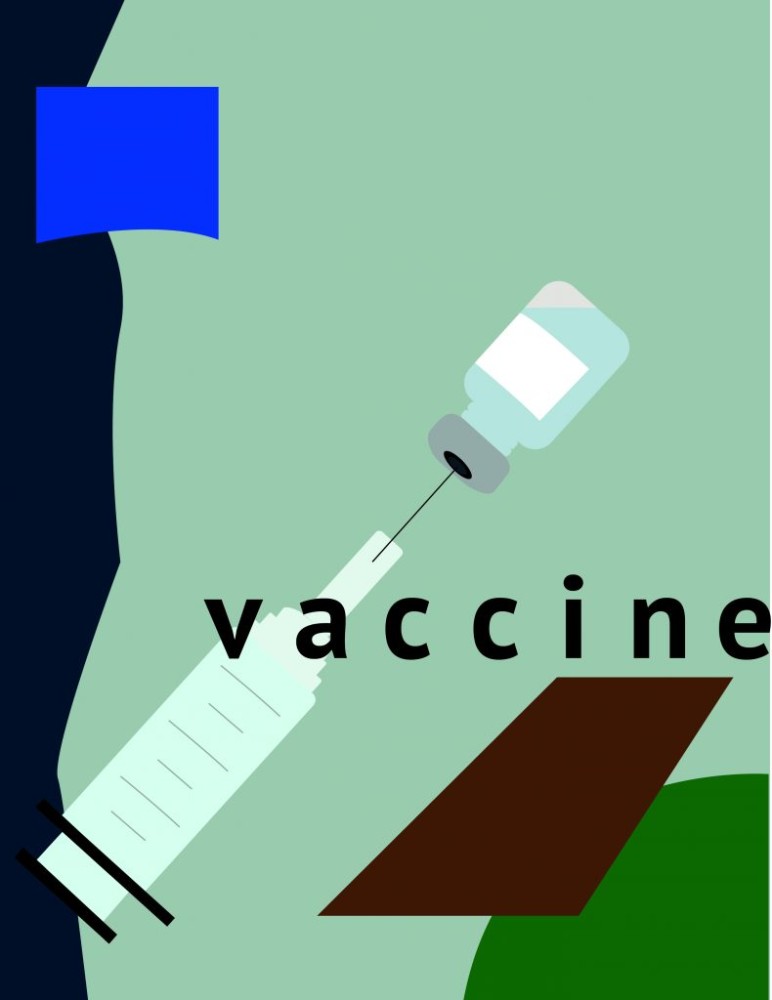
“Dr. Anthony Fauci said he expected that in the summer/autumn of 2021, there will be enough herd immunity with the vaccines. That’s in the US. In Hong Kong, it really depends on how much of the population is willing to get the vaccine.
Getting people to have the vaccinations is going to be a bit of a challenge. The estimation in South Korea is that only about 60% of people will want to have it. It will probably be similar in Hong Kong. The problem with the vaccination is that the data that has come out [shows] it prevents severe disease, but will it stop you from getting very mild disease? That data is still not available.
Another problem I see is that even though we might decrease the number of infections in Hong Kong, the question is how we deal with the rest of the world. Because we’re such an international city, how do we handle our travel relations with other countries?
Whilst I think we’ll be able to protect the elderly and decrease mortality, I still don’t know how we’re going to get back on track economically. I don’t think it’s going to be as rosy as people think, that once we get herd immunity we can open up.
I think 2021 is going to be more frustrating actually, because in the first half of 2020, people were a bit more enthusiastic. But there’s so much COVID-19 fatigue that I can see it’s really going to be a struggle to keep people engaged in social distancing and all these control mechanisms when things change every few weeks.
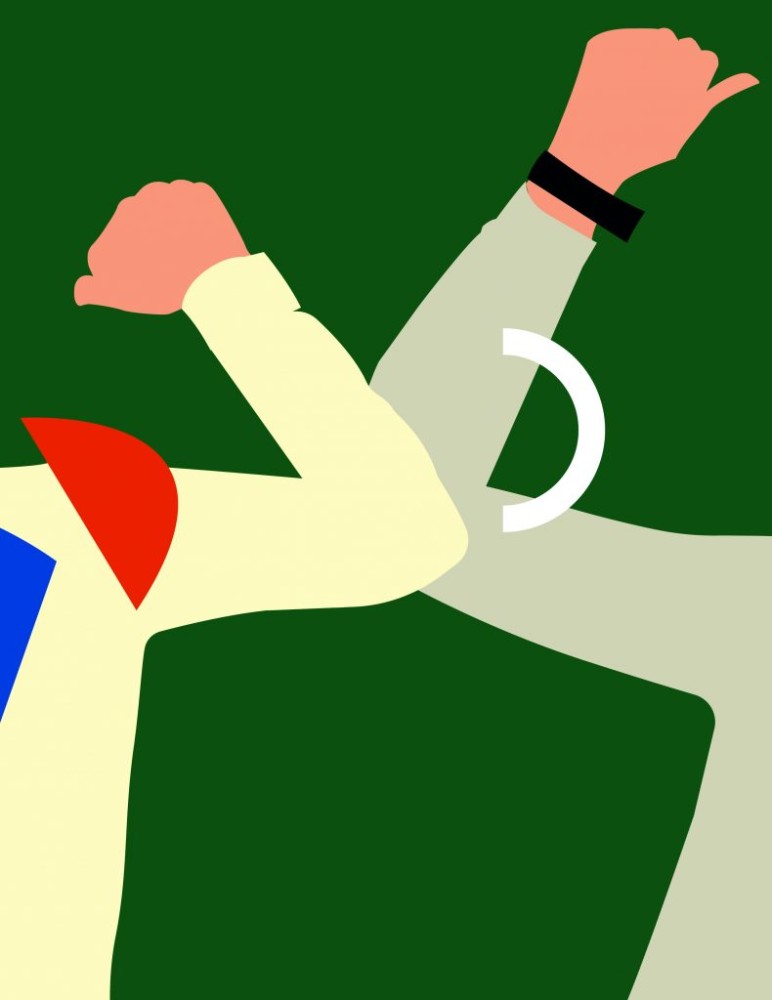
I think that the tensions will be far more severe in 2021. From a virus point of view, however, it won’t be as bad. I think mask wearing will continue in some form or another. It may only be in hospital-care settings or in high-density areas. Wearing masks while walking on the street, I think we’ll be able to get rid of that.
It’s going to be far more difficult to travel. Whereas before you might go down to Singapore for a weekend, that sort of thing won’t exist anymore because the low-cost carriers have been reduced, there won’t be enough flights available, and you’ll have to make sure you have your COVID-19 passport and that it’s up to date before you can travel.
I think business trips are probably a thing of the past as well. I can see people saying, ‘It doesn’t make economic sense. Zoom is not very effective, but it’s better than nothing.’ So I think the whole paradigm of the way we work [will shift and] working from home will be part of the norm. I don’t think we’ll be going back to [the way things were in] 2019. That sort of mentality will disappear for a while.
I really didn’t think we’d have a vaccine in such a short period of time. What’s been achieved within 12 months has actually been very remarkable. This mRNA technology will really revolutionise vaccinology. I think we’ll be able to, hopefully, have some semblance of normality, but it’ll be about 50% or 60% of normal.
The good thing is that COVID-19 has highlighted what we need to improve in society and what we’ve been able to sweep under the carpet.”
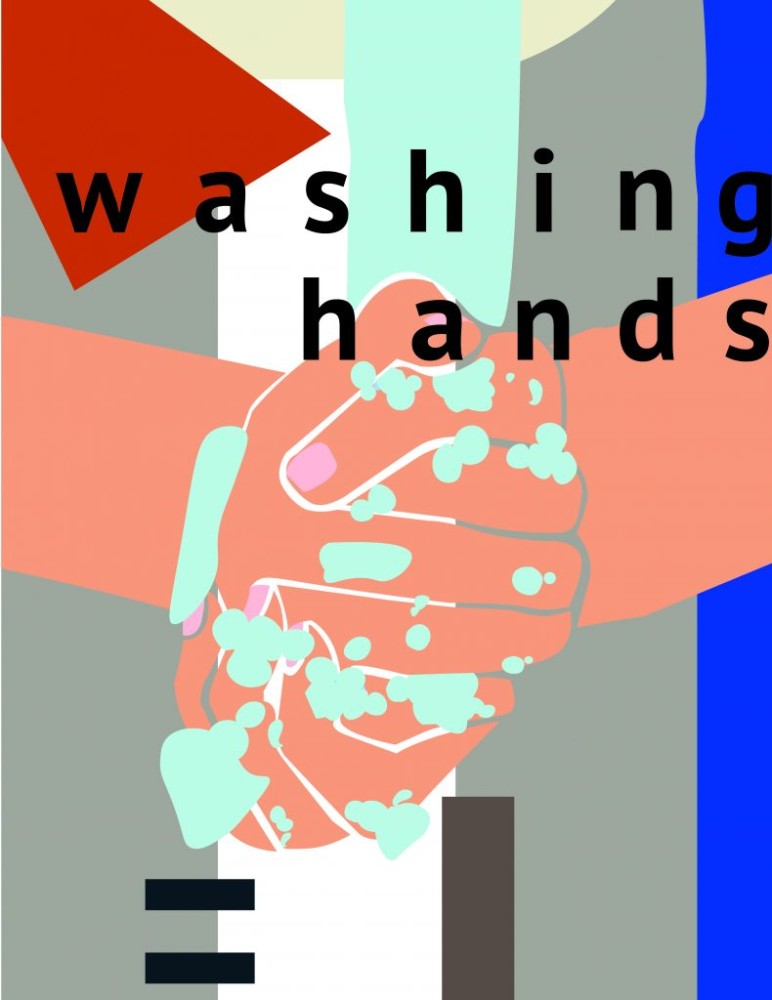
Professor Ivan Hung, clinical professor and assistant dean in the Department of Medicine at the University of Hong Kong
“Hopefully we’ll have the vaccine coming into Hong Kong in the first quarter of 2021 for healthcare workers, the elderly and patients with chronic illnesses. Hopefully by the second and third quarter, we’ll have the whole population vaccinated. And hopefully by the latter half of the year, things will gradually go back to normal, especially in terms of the economy and social life. Travelling will also probably resume in the latter half of 2021.
We have to be very cautious because in February we have Chinese New Year. The vaccine won’t be ready in Hong Kong by that time. We really have to wait until after Chinese New Year for the first batch of vaccines to arrive. Then in the summer, things will hopefully go back to partially normal. Then hopefully by September, things will be 80% to 90% back to normal.
Vaccination is not the solution for the entire problem because we know the virus could mutate and we know that the antibodies will start dropping around six months after the vaccination, so we have to anticipate that COVID-19 will be with us for many years. At the end of the day, it might be an annual vaccination similar to the influenza one we have to take.
It’s difficult to have everyone complying and wearing masks all the time. I think that’s one of the important things about vaccination: it will allow people to not wear masks, at least outside of hospitals. Nevertheless, we know that masks can protect you against several infections, including influenza, so during certain periods of time, for example in the winter, we will advise people to still wear masks, especially if there’s a major outbreak of flu or COVID-19.
But the rest of the time, when antibodies are sufficient among the community, then probably you don’t need to wear masks and things could resume as so-called normal. Still, I think other things like personal hygiene, hand washing, those are the things that, even without COVID-19 or influenza, you should still still be very compliant with.
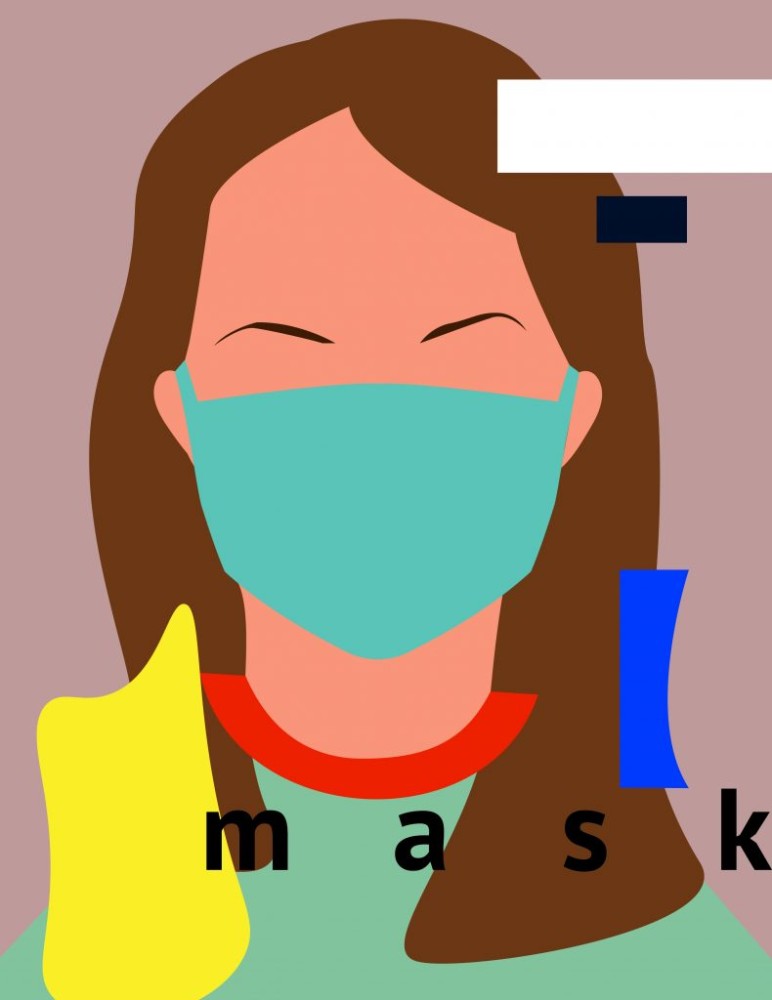
I think that you should be given the choice whether or not to be vaccinated.We should not be discriminating against people who haven’t been vaccinated by not allowing them to travel. But I think once the majority of people have been vaccinated, it will be very safe to travel again without quarantine and without wearing masks.
The lessons we learned from this pandemic are infection-control measures and the benefits of international collaboration in the development of vaccines. If you see what has happened in the last six months, what we have achieved in terms of vaccine development is amazing. This will help us in future pandemics.
We’ve also learned that we have to be very cautious of nature. We should not be consuming wild animals. Selling of wild animals in markets should be banned. I think this is very important because it would minimise opportunities for these always-mutating viruses to jump into the human population.
If we’re able to stick to these measures, if we’re able to stop these wild animals from being sold in live markets, and if we’re kind to nature and animals, we can prevent this from happening again in the future.”
See also: Fighting COVID-19: Follow these 5 inspirational entrepreneurs in Asia on Instagram
















